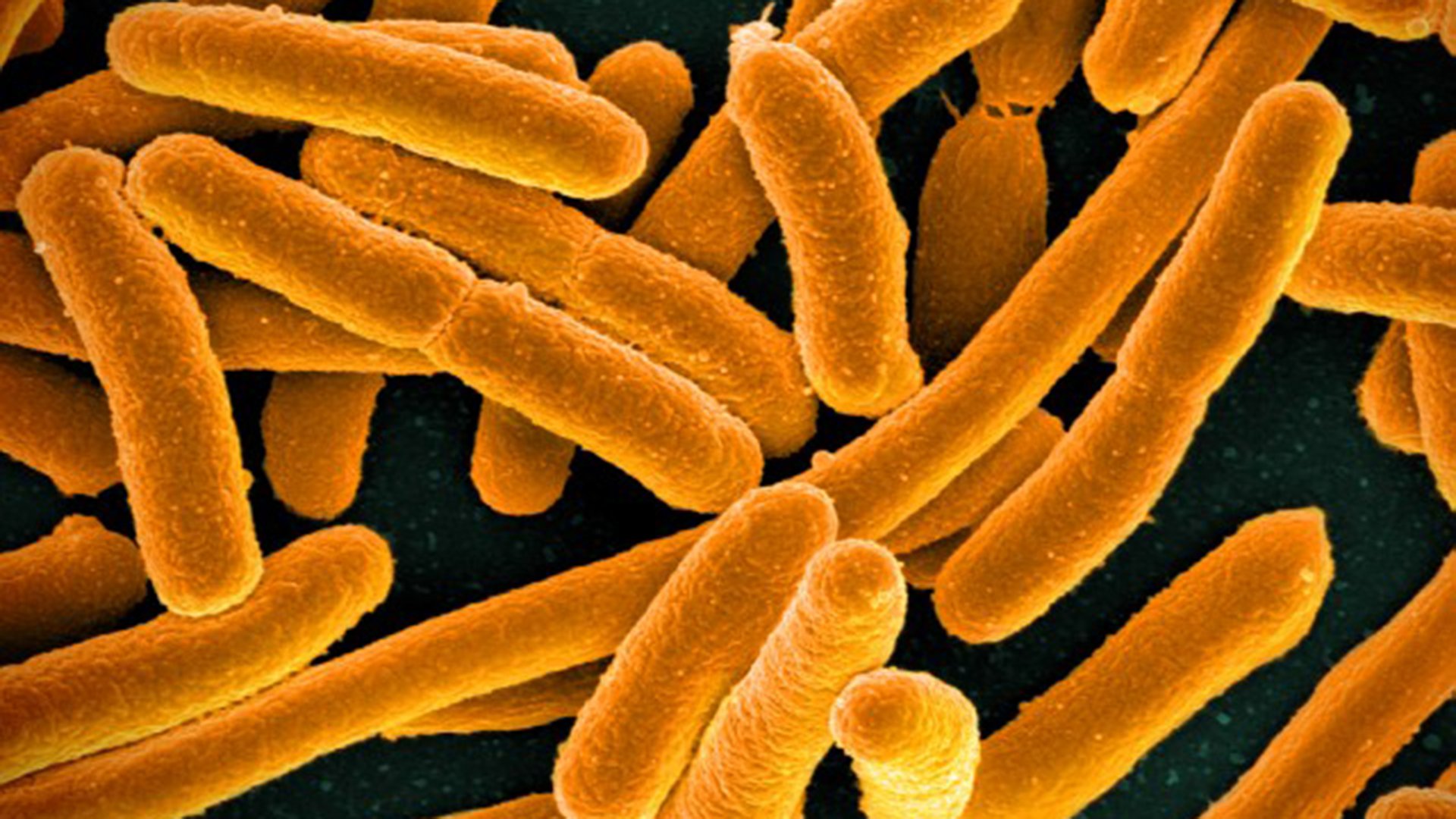Shotgun approach
For nearly a century, antibiotics have been used on a large scale to fight bacterial infections. Because it is often unclear which specific bacterial strain is causing the illness, treatment can include a cocktail of various types of antibiotics in a sort of ‘shotgun approach’. This cocktail kills not only the malicious bacteria, but also the many benign strains. The trillions of bacteria in our intestines – our so-called gut microbiota – influence our health in a variety of ways, including in relation to our immune system and digestion. Antibiotics can change the composition and functioning of the gut microbiota. Research indicates that a rich gut microbiota promotes health and helps to prevent chronic diseases. Low diversity is therefore a sign of various conditions, such as obesity, diabetes, asthma and chronic intestinal inflammation.
Complete eradication
An international team of researchers from Denmark, China and Germany investigated the impact of antibiotics on the gut microbiota, with worrying results. Twelve healthy men were given a four-day course of treatment with three broad-spectrum, ‘last resort’ antibiotics. The cocktail of these three antibiotics was designed to simulate actual treatments in intensive care. The course wiped out nearly all of the gut bacteria. It then took six months before the bacteria returned to their original levels. After the six months, nine essential strains of bacteria were still missing, and several new and potentially undesirable bacterial strains had colonised the intestines.
Permanent impact
‘Our findings suggest that exposure to broad-spectrum antibiotics may dilute the diversity of the intestinal bacteria ecosystem. Antibiotics can be a blessing for maintaining human health, but they may only be used in cases with clear evidence that an infection has been caused by bacteria’, explains Professor Oluf Pedersen, one of the lead authors of the study. ‘In this case it’s good that we are able to regenerate our gut microbiota, since that is important for our general health. The problem, however, is that multiple exposures to antibiotics over one’s lifetime can lead to a permanent loss of helpful bacteria. There is evidence that the Western population has a significantly lower gut bacteria diversity than native tribes in certain parts of Africa and the Amazon rainforest. One possible explanation for this is our widespread use of antibiotics.
Source: Nature

